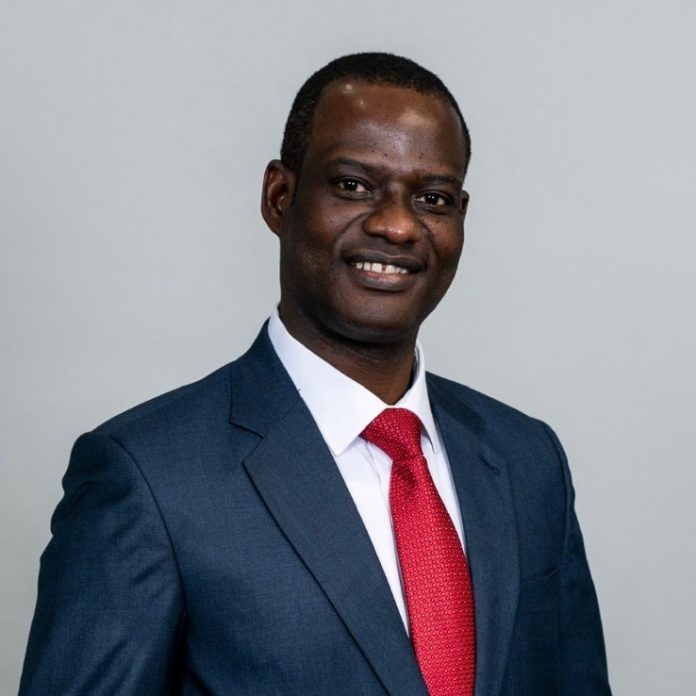Taiwo Oyedele, Chairman of the Presidential Tax Reform Committee, warns that allowing state governments to collect Value Added Tax (VAT) could lead to financial and operational challenges across Nigeria. During an interview on Friday, Oyedele emphasizes that a decentralized VAT system would likely result in reduced revenue and complicate business operations nationwide.
Oyedele recalls that a similar approach in the 1980s, when states were allowed to collect sales tax, did not generate significant revenue. He argues that repeating this system with VAT would strain state resources and reduce overall tax income. “If VAT collection is handed over to the states, we will see a decline in revenue and increased burdens on businesses,” he notes.
Constitutional Oversight on VAT Collection
According to Oyedele, the omission of VAT as a federal responsibility in the 1999 Constitution was an oversight. He explains that the constitution largely replicates the 1979 version, which did not include VAT, as it was only introduced in 1994. “By 1999, VAT had become a significant revenue source, yet it was not explicitly mentioned in the constitution,” he says.
This omission has led to legal interpretations that VAT is a residual matter, which allows states to claim authority over its collection. States like Rivers and Lagos have already won court cases asserting their right to collect VAT. Oyedele cautions that if the Supreme Court upholds this position, it could lead to nationwide economic disruption, with states collecting less revenue and businesses facing compliance challenges.
Ongoing Debate Over VAT Revenue Sharing
The controversy over VAT collection comes amid discussions on the new tax bill in the National Assembly, which proposes changes to the revenue-sharing formula. The Northern Governors Forum, chaired by Gombe State Governor Muhammad Inuwa Yahaya, opposes the proposed derivation-based model for distributing VAT revenue. The Forum believes that the model disadvantages northern states and urges legislators to reject it.
Currently, VAT revenue is distributed as follows: 15% to the Federal Government, 50% to the States and Federal Capital Territory (FCT), and 35% to Local Governments, with a derivation principle of at least 20%. The formula also includes factors like equality (50%) and population (30%).
Legal Implications and Regional Concerns
Southern states have expressed dissatisfaction with the current VAT allocation, arguing that they do not receive a fair share of the revenue. In 2021, Rivers State secured a Federal High Court ruling in its favor, allowing it to collect VAT within its jurisdiction. This decision has intensified calls for a clearer legal framework to prevent further disputes and ensure a stable tax system.
Oyedele’s remarks highlight the need for a unified tax policy that aligns with national interests while supporting economic stability. The ongoing tax reforms aim to streamline tax collection processes, promote efficiency, and enhance revenue generation to drive Nigeria’s economic growth.











